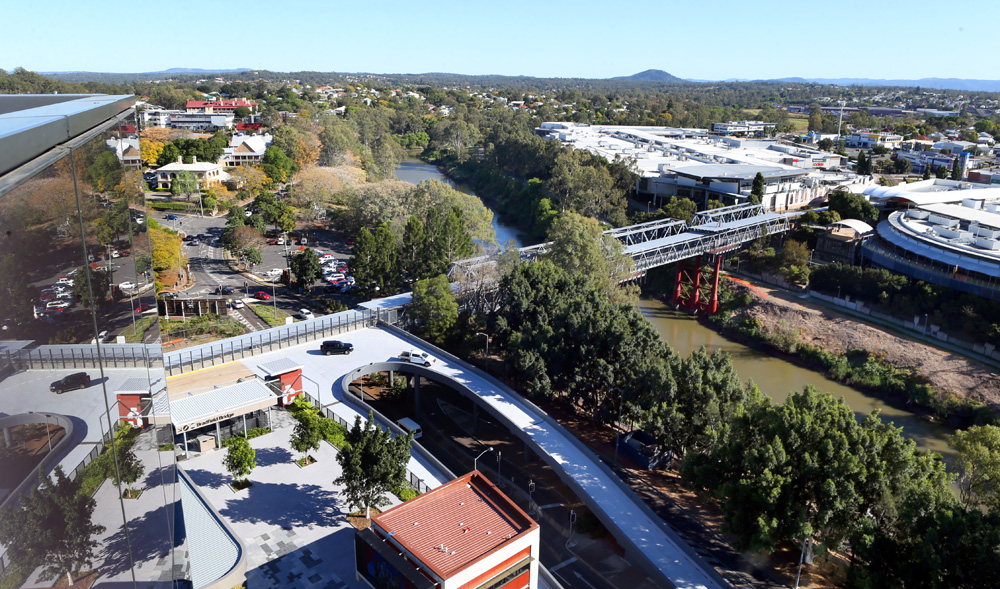New land valuations for property owners show Ipswich properties have increased by 33 per cent overall since the last valuation was issued in 2022.
The Queensland Valuer-General released valuations on Friday for about 90,000 rateable properties with an overall value of $30.4 billion, which is up from $22.9 billion.
Ipswich Mayor Teresa Harding said while it was positive to see the city’s properties growing in value and increasing equity for property owners, it was a significant increase year-on-year and would have ramifications.
“Council is well aware of rising inflation, interest rates, cost-of-living pressures, soaring fuel prices and the last thing our residents and ratepayers need at the moment is a further crippling blow to their personal budget,” Mayor Harding said.
“I want to assure Ipswich ratepayers that a large valuation increase across the city doesn’t automatically translate to a large increase in rates.
“As it does each year, Council needs to consider the cost of providing services and facilities to the community in setting its budget and associated rating policies.
“The variability that occurs through the revaluation process results in a level of relative change for all ratepayers, but Council’s overall pricing of general rates is targeted to cover the cost of providing services and facilities to the community.”
Council has only recently received the valuation data and is continuing to work through these changes at a property level. This includes an assessment of those properties impacted by the February 2022 flood.
Council will hand down its 2023-24 Annual Budget in June.
“High growth suburbs such as Augustine Heights, Springfield Lakes, Ripley and South Ripley – which have previously seen larger increases – are this time slightly below the city average,” Mayor Harding said.
“Some of Ipswich’s older and more established suburbs such as Barellan Point, Karalee, Coalfalls, Sadliers Crossing, Woodend, Tivoli, North Tivoli, One Mile, Marburg, and Rosewood – which might have received below average increases in previous years – have this time received valuation increases higher, than the city average, with some above 50 per cent.
“Based on the high-level suburb data, there are approximately 22 per cent of properties with increases above the average, while 78 per cent are below the average.”
Governance and Transparency Committee Chairperson and Deputy Mayor, Councillor Jacob Madsen said valuations aim to reflect market value and are used by council as a factor in determining general rates.
“This range of valuations movement makes the process of council setting rates more challenging but while the valuations have gone up, this does not mean that rates will go up at a similar level,” Cr Madsen said.
“Council will be working hard over the coming months to deliver the 2023-2024 budget that includes rating policies that minimise impact of these valuations changes for ratepayers.
“Council has several tools available to it under the Local Government Act to help cushion the impact of valuation changes for residents and business, these include rate capping and three-year valuation averaging, to moderate the impact of above average increases for those rate payers who receive valuations increases higher than the rest of the city.
“However, valuations still form the primary basis of rating for all local governments.”
Read also:
>>> Fair go needed for flood impacted Ipswich land valuations
>>> Painting starts on mural honouring historical Ipswich buildings


